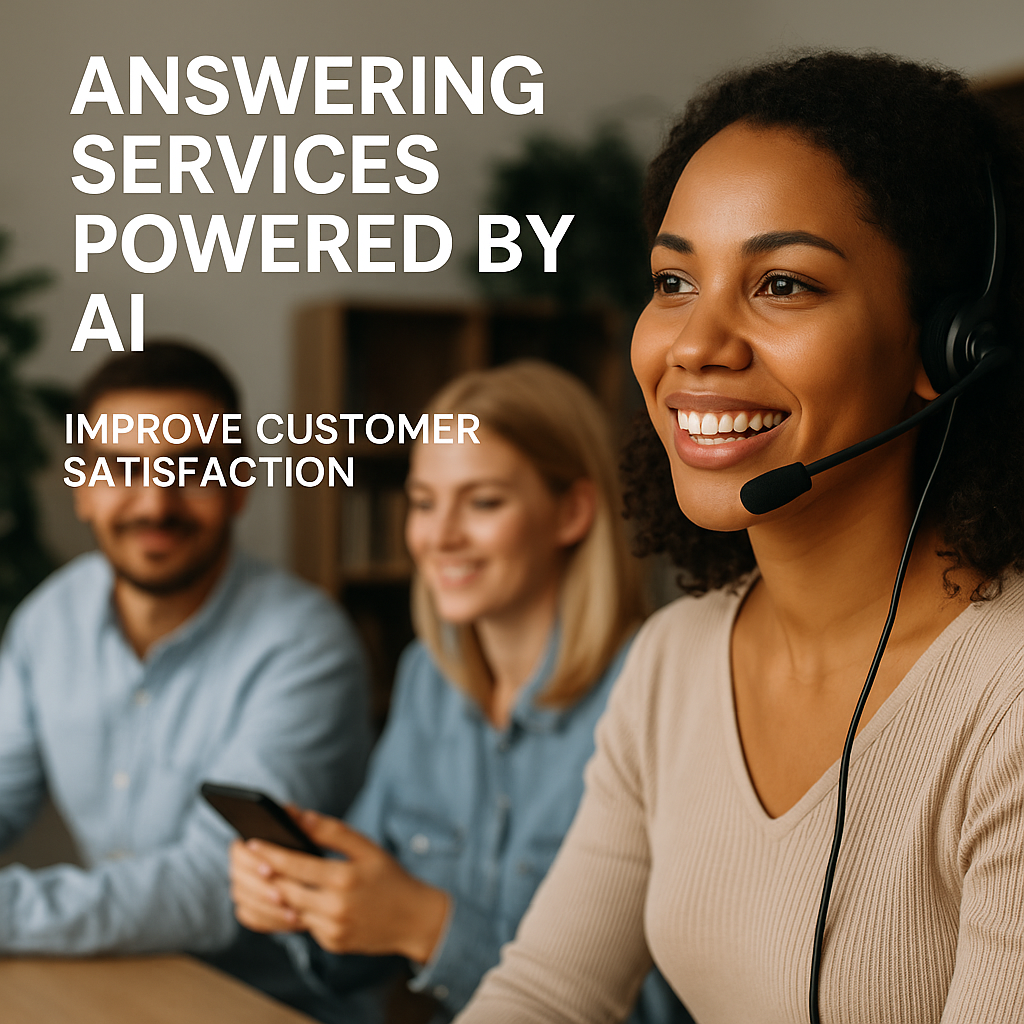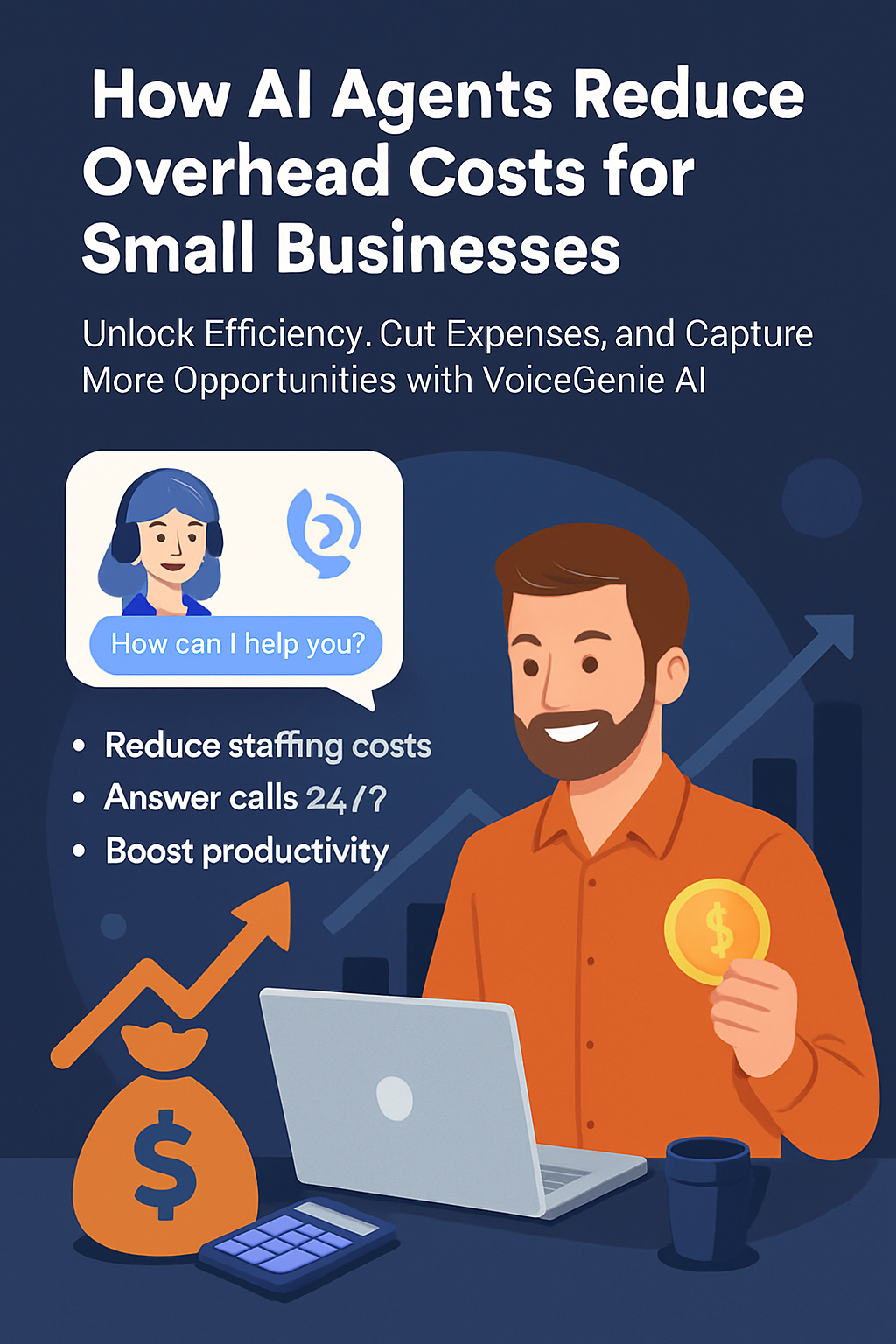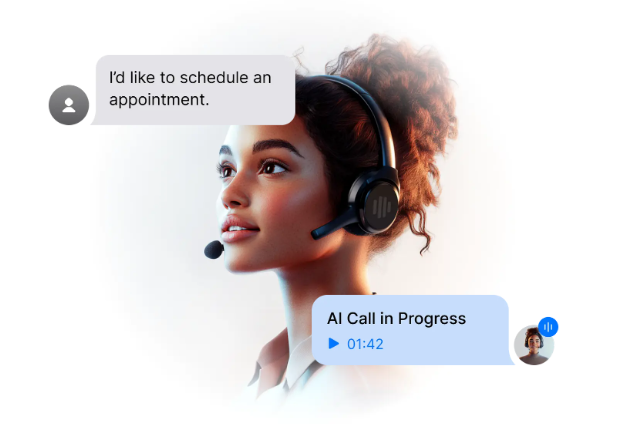The Role of Blockchain and Cryptocurrencies in Business Transactions in 2025
Blockchain and cryptocurrencies have evolved from niche technologies into mainstream solutions that are transforming the way businesses conduct transactions. By 2025, these technologies are playing a pivotal role in enhancing security, transparency, and efficiency in various business operations. From enabling secure and tamper-proof record-keeping to facilitating faster global payments and automating agreements through smart contracts, blockchain and cryptocurrencies are becoming essential tools for businesses seeking to innovate and optimize their transactional processes.
Blockchain for Secure and Transparent Business Operations in 2025
Blockchain technology is fundamentally changing how businesses manage and verify transactions. Its decentralized and immutable nature ensures that data entered into the blockchain cannot be altered, making it an ideal solution for securing sensitive information and maintaining transparent records. In 2025, companies across industries—such as finance, supply chain, and healthcare—are leveraging blockchain to streamline operations and build greater trust with stakeholders.
For example, in supply chain management, blockchain enables companies to track products from their origin to the final destination, providing a transparent view of the entire supply chain. This visibility helps to prevent fraud, reduce counterfeiting, and ensure compliance with regulations. Similarly, in finance, blockchain is used for real-time settlement of transactions, reducing the need for intermediaries and lowering transaction costs.
The technology’s transparency also extends to auditing and reporting. By having all transactional data recorded on a shared ledger, businesses can easily verify records and conduct audits with greater speed and accuracy. This level of transparency fosters trust among partners, customers, and regulatory bodies, making blockchain an indispensable tool for business operations in 2025.
Cryptocurrencies as a Payment Solution in Global Trade for 2025
Cryptocurrencies, once viewed primarily as speculative assets, have gained widespread acceptance as a legitimate means of payment in global trade. By 2025, more businesses are accepting cryptocurrencies like Bitcoin, Ethereum, and stablecoins for cross-border transactions. The use of cryptocurrencies offers several advantages, including faster transaction speeds, lower fees, and the ability to bypass traditional banking systems, which can be slow and costly.
For international businesses, using cryptocurrencies eliminates the complexities of currency conversions and reduces the impact of fluctuating exchange rates. This is particularly beneficial for companies operating in regions with unstable currencies or strict capital controls. Cryptocurrencies also enable businesses to reach new markets by providing an alternative payment method for customers who may not have access to traditional banking services.
Decentralized finance (DeFi) platforms are emerging as alternatives to traditional banking, offering services such as lending, borrowing, and interest-bearing accounts using cryptocurrencies. This evolution is expanding financial access and providing more flexibility for businesses to manage their assets and liquidity.
Smart Contracts and Their Applications in Business During 2025
Smart contracts are self-executing agreements with the terms of the contract directly written into code. In 2025, smart contracts are widely used to automate and enforce business agreements without the need for intermediaries. When specific conditions are met, the smart contract automatically triggers actions, such as releasing funds, transferring ownership, or updating records.
These automated agreements are transforming industries like real estate, insurance, and legal services. For instance, in real estate, smart contracts can be used to automate property transactions, ensuring that all parties meet their obligations before the transfer of ownership occurs. In insurance, claims can be automatically processed and paid out based on predefined conditions, reducing the time and costs associated with manual processing.
By leveraging smart contracts, businesses can enhance efficiency, reduce the risk of human error, and ensure that contractual terms are enforced accurately and transparently.
Blockchain and cryptocurrencies are reshaping the future of business transactions by providing secure, transparent, and efficient solutions. As more businesses embrace these technologies in 2025, they will benefit from enhanced operational transparency, streamlined global payments, and automated agreements through smart contracts. By adopting blockchain and cryptocurrency-based solutions, companies can not only optimize their transactional processes but also position themselves at the forefront of digital innovation.
FAQs
1. What makes blockchain technology ideal for business transactions?
Blockchain’s decentralized and immutable nature ensures secure, transparent, and tamper-proof record-keeping, making it perfect for verifying and managing transactions.
2. Why are cryptocurrencies becoming popular for global trade?
Cryptocurrencies offer faster transaction speeds, lower fees, and eliminate the need for currency conversions, making them an efficient option for international business transactions.
3. How do smart contracts work in business?
Smart contracts are self-executing agreements written in code that automatically trigger actions when predefined conditions are met, reducing the need for intermediaries.
4. What industries are most impacted by blockchain technology?
Industries like finance, supply chain, healthcare, and real estate are heavily utilizing blockchain for its security, transparency, and efficiency benefits.
5. What is the future outlook for blockchain and cryptocurrencies in business?
The future looks promising, with blockchain and cryptocurrencies continuing to gain traction as mainstream solutions for secure, transparent, and efficient business transactions.










